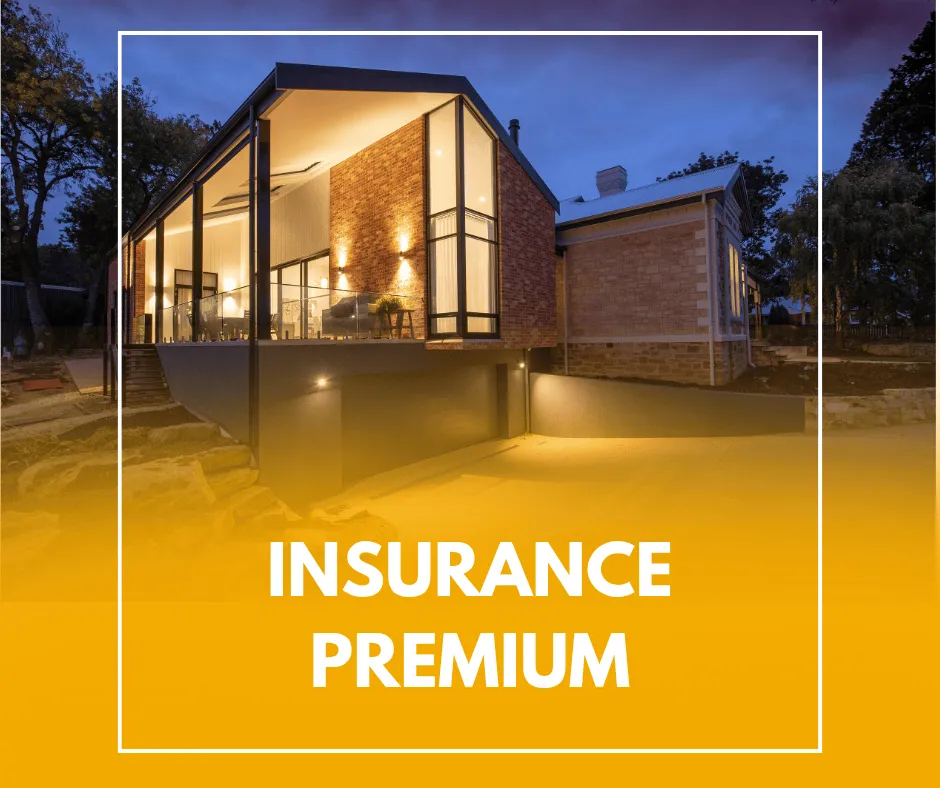
What Can Affect Your Home Insurance Premium?
Home insurance premiums are influenced by a wide range of factors.
What Can Affect Your Home Insurance Premium?:
Insurance companies use these variables to assess the risk of insuring a property and to determine the appropriate premium. Here's a comprehensive list of factors that typically impact the cost of home insurance in Canada:
🏠 Property-Related Factors
Location of the Property
Risk of natural disasters (floods, wildfires, earthquakes)
Crime rates in the area
Claim rates in the area
Accessibility to the nearest fire station or fire hydrant
Type of Home
Detached, semi-detached, townhouse, condo, etc.
Construction materials (e.g., brick, wood frame)
Age of the Home
Older homes tend to cost more to insure due to outdated systems and higher likelihood of claims
Home Size and Replacement Value
Larger and more valuable homes cost more to rebuild and insure
Roof Age and Type
Older roofs or those made from high-risk materials may raise premiums
Plumbing, Electrical, and Heating Systems
Type and age of these systems (e.g., knob-and-tube wiring, aluminum wiring, Wood-burning fireplace, poly-b pipe, oil heating, etc can increase risk)
Special Situations
Properties such as heritage homes or former grow-ops (weed houses) may also affect premiums
Additional Amenities in a Detached Home
Such as an outdoor pool, sauna, spa, or tennis court—may affect the insurance premium
🧰 Coverage-Related Factors
Coverage Amount
The higher the insured value, the higher the premium
For stratified multi-family buildings, the higher the strata deductibles under the strata policy, the higher the unit coverage amount you need to insure for your unit—resulting in a higher premium
Type of Coverage
Basic (Named Perils) vs. Comprehensive (All Risks)
Additional endorsements (e.g., sewer backup, earthquake, overland water, etc)
Deductible Amount
A higher policy deductible typically results in a lower premium
Add-ons or Optional Coverages
Home-based business coverage, jewelry riders, cyber coverage, etc.
👥 Policyholder-Related Factors
Insurance History
Frequent and/or large past claims can significantly increase your premium
More than 5 years of continuous home/tenant insurance without a break and with no claim history may qualify you for additional discounts, resulting in a lower premium
A cancellation history by the insurance company—such as for non-payment or non-sufficient funds—may result in a higher premium or affect your ability to obtain insurance
Credit Score
In most provinces (except Newfoundland & Labrador), a good credit score can help lower premiums
Occupancy Type
Primary residence, rental property, secondary home, seasonal home, or vacant
Number of Unrelated Individuals or Families Living in the Home
May influence liability exposure
Mortgage Status
Whether the property has a mortgage or not will affect the insurance premium
Owner's Age (based on Date of Birth)
Owner's Residency Status
A landlord who lives outside the Lower Mainland of the rental property will affect the premium
🔐 Security and Risk Mitigation
Security Systems
Central monitored alarm systems
Fire Suppression Systems
Sprinklers (automatically applicable to condominiums)
📍 Provincial and Market Factors
Province/Territory
Each province has different risks and regulations
Insurance Company Pricing Models
Each insurer has its own underwriting criteria and rate algorithms
Replacement Cost Inflation
Costs of materials and labour can affect the replacement value and thus the premium
Tariffs may affect the cost of materials
Taxes
B.C. has no sales tax on insurance, but other provinces, such as Ontario, apply an 8% tax on insurance
In Summary:
Due to all the factors that influence home insurance premiums, even a simple change in property ownership can result in a different premium.
